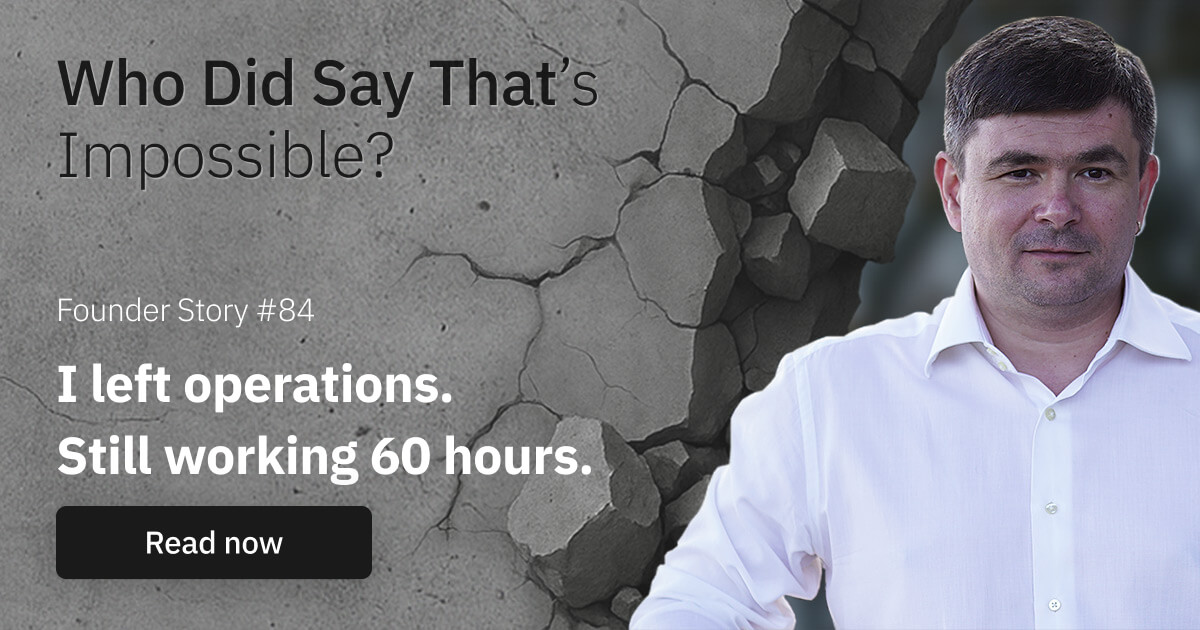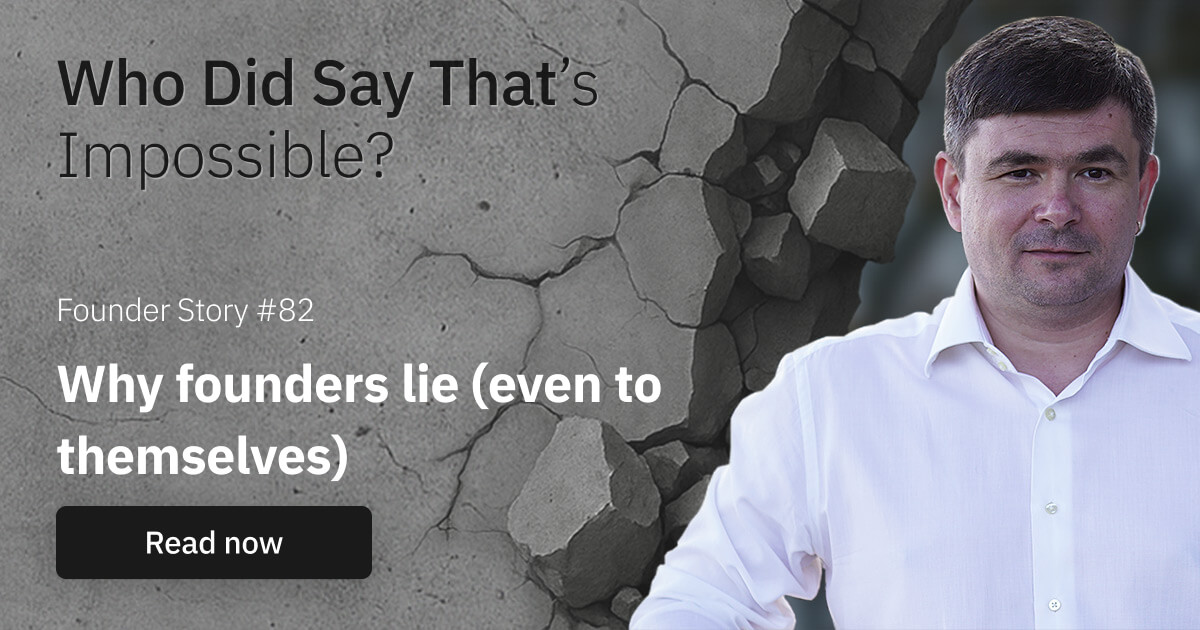How to scale your business without technical expertise in the digital age.
Or minute of Trust.
Entrepreneurs today face incredible challenges, especially if they’re far removed from the tech world.
The pressure comes from all sides:
- Bizarre terminology,
- Fear of being scammed,
- And frustration with their own lack of understanding.
AI, API, No-code—these terms can sound intimidating because they represent the unknown.
You know these tools can boost your business, but there’s always that fear:
- Overpaying for unnecessary services,
- Being charged inflated prices,
- Or being left to figure things out on your own.
And let’s be real—no one wants to feel stupid.
No one wants to feel like the “village idiot” when dealing with complex technology.
This fear of judgment can sting more than losing money.
You could spend years building a successful business in your niche yet feel completely out of your depth in conversations with specialists.
This often leads to anger—at yourself and at those trying to help.
Fear of the unknown is the real enemy.
Most entrepreneurs have horror stories about working with freelancers or agencies:
- Missed deadlines,
- Incomplete projects,
- Vague or disappointing results.
These experiences make many retreat into a “do-it-yourself” mindset.
But that’s a dead end.
The problem with many entrepreneurs is a fear of trust.
Finding partners who are both competent and willing to explain things is hard.
Yet the truth is, growth is impossible without delegation.
Sooner or later, every entrepreneur must face this challenge.
How to Overcome It?
You don’t need much:
- Learn the basics.
You don’t have to become a programmer, marketer, or designer.
Just learn the fundamentals to set clear expectations and evaluate results.
- Clear task-setting.
Detail what you want to achieve and what you expect from your partner.
- Choose the right people.
Look for partners who are competent, honest, and willing to explain things.
Asking questions isn’t foolish—not asking is.
What makes a partnership successful?
Not every tech expert enjoys working with non-tech clients.
Many get frustrated explaining what they consider obvious.
But those who patiently break things down can become your most valuable partners.
Trust is the foundation of a successful partnership.
When evaluating potential partners, findout:
- Do they have experience working with non-technical clients?
- Are they willing to explain without upselling unnecessary services?
Why partnership matters more than transactions.
In my experience, I’ve met many entrepreneurs afraid to work with new people.
I’ve learned to value clients who ask lots of questions.
Yes, it takes time, but the results are worth it.
Every time I see a client light up with new understanding and possibilities, I remember why I do this.
We’re not just completing tasks—we’re finding paths to growth together.
That’s why most of my clients stick with me for years.
Real partnerships stand the test of time.
How to Scale?
Learn, delegate, and build partnerships.
- Accept that learning is inevitable.Master basic concepts to feel more confident.
- Master the art of delegation.Your job is to lead, not micromanage.
- Find the right partners.Work with those who value your involvement and want to help.
- Leverage technology.AI and automation can simplify routine tasks and cut costs.
Final thoughts.
Fear is normal.
It’s a sign you’re facing a challenge, not a dead end.
Scaling a business requires knowledge, trust, and a willingness to delegate.
The business world is evolving, but the core principles remain the same: trust and genuine relationships.
Build partnerships, embrace challenges, and don’t be afraid to be yourself.
That’s how you succeed.
Disclaimer.
Every business has its nuances, and every founder has their unique context and resources. Whether or not my advice applies depends on your situation, experience, and needs. But one thing is universal—use your brain.
Think about how to apply the advice in your context before acting.
Your way.
- Eugene
Join the founders learning how to build without burning out.

Hi, I’m Eugene.
No clients. No savings.
A laptop in the bedroom and a promise to my wife that this would be worth it.
20 years later — 80 people, 3 continents, 7-figure revenue.
But for many years, I was the bottleneck in my own business.
Now I help founders escape the same trap. Through systems that actually work, not theory.
I write weekly: operational war stories, decision systems, and lessons learned the hard way.
For founders who want to build without burning out.
More Stories
Founder Stories

I left operations. Still working 60 hours.
Or minute of realizing freedom doesn't mean what you think

The invisible cost eating your margin
Or minute of realizing you're paying for time you can't bill


